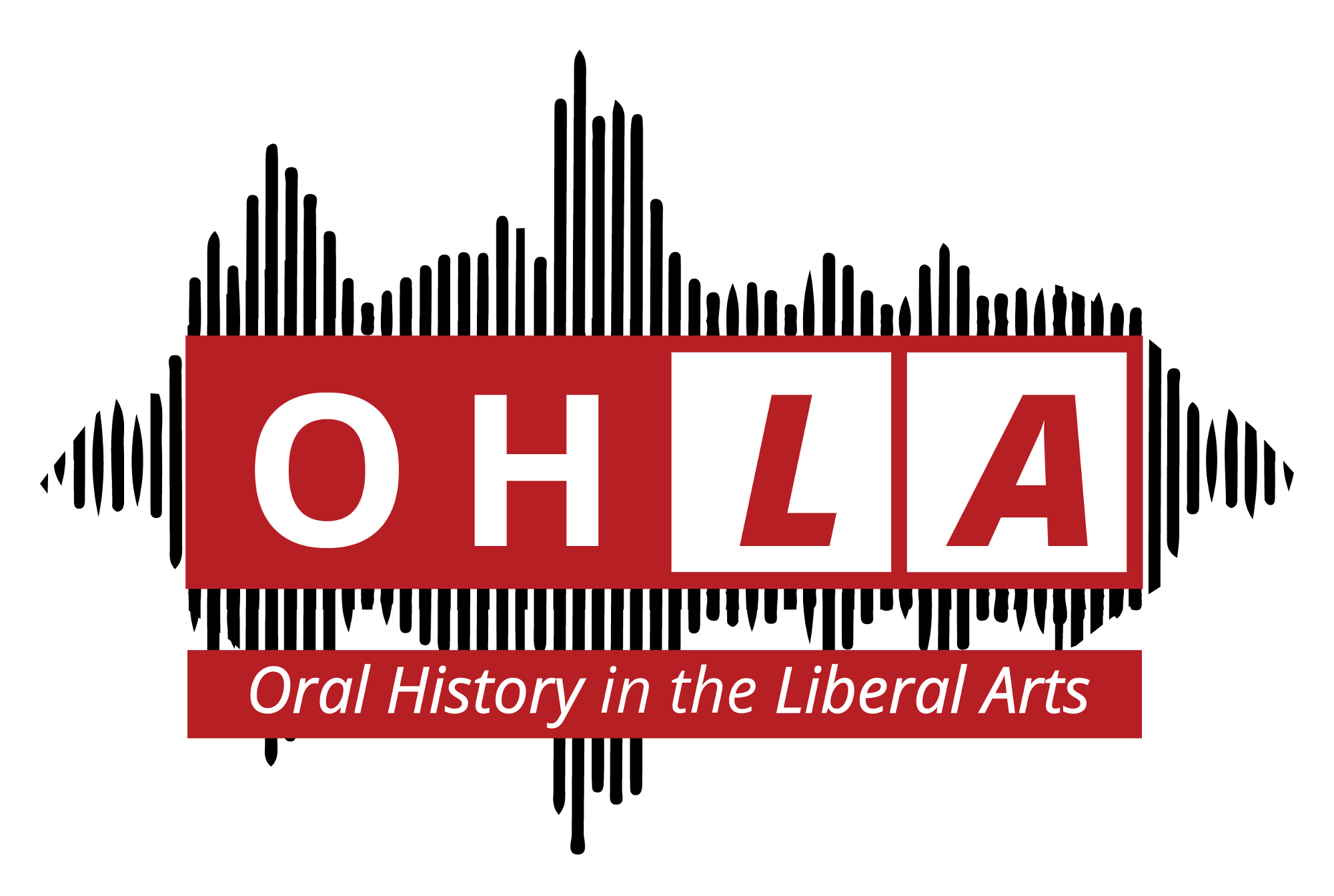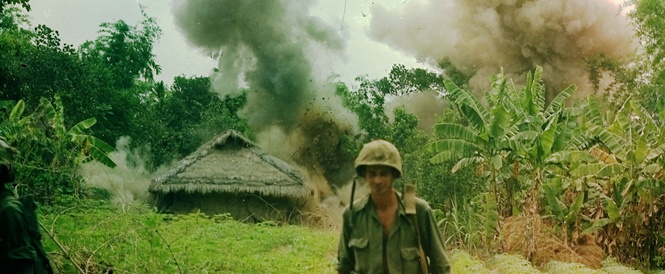Interviewing Models Merging:
Combining Social Work Listening Styles and Interviewing Skills
With Brooke Bryan’s Abbreviated Life Story Methodology
The Abbreviated Life Story Model, created by Brooke Bryan, serves as a central component to the OHLA method and emphasizes “depth” questions to structure the interview conversation. These “depth” questions are formulated in such a way that they ask the interviewee to share concrete experience. By first grounding the discussion in the lived reality, then engaging in abstract follow-up questions, the interviewee is given the space necessary for cognitive and emotional elaboration, ultimately resulting in a rich oral history.
Though this methodology is fairly lucid, the actual practice of asking meaningful questions in the moment and listening deeply during the interview can be intimidating. In preparation for our field work, we can turn to experts in the realm. Those in helping professions, particularly social workers, are frequently navigating difficult conversations with clients. To do this, social workers employ the same skill set which is needed in an oral history interview: active listening and verbal communication. The following information about types of listening and interviewing skills come from the book Interviewing in Action in a Multicultural World by Bianca Cody Murphy and Carolyn Dillon.
During an interview, whether it be a social worker and client interaction or an oral history project, it is of utmost importance to both listen and hear what the speaker is sharing. Practicing these types of listening that social workers use will bring about more fruitful conversation.

Types of Listening
Psychological Attending
Psychological attending involves setting aside personal affairs and turning all attention to the speaker. It includes setting up an internal radar to receive the signals the speaker is sending, which requires both discipline and flexibility. The act of listening to the interviewee in this deep and meaningful way will ground the shared experience in that moment of time. The interviewer will be fully present and interviewee will feel heard
S.O.L.E.R.
S.O.L.E.R. is an acronym that serves as a reminder to the role that body positioning plays in listening. The physical space that the interviewer occupies will impact the psychology of the interviewee. S.O.L.E.R. stands for sit Squarely, have an Open posture, Lean forward, maintain Eye contact, and Relax. Using S.O.L.E.R. consciously models active listening and genuine attentiveness to the speaker, lending to a more effective interview.
Paralinguistic Cues
Paralinguistic cues refer to how a speaker says things, including the tone and pitch of voice, rate of speech, emphasis, stuttering, sighing, and other vocalizations. Noting not just what is said, but how something is shared, can cue the listener into a deeper meaning behind the spoken word. When we listen in these intentional ways, we are more engaged and, therefore, more prepared to ask appropriate follow-up questions. Like social workers, we have a variety of verbal communication tools at our disposal. With practice, the following skills can be used to elevate a conversation.
Interviewing Skills
Paraphrase
Paraphrasing is essentially restating the speaker’s message using your own words. Using this skill helps the interviewer confirm the meaning the interviewee is conveying in their words, leaving the speaker feeling understood and encouraging further conversation. Paraphrasing is appropriate to use to reiterate an important point. It is not parroting what the interviewee has said, it is taking what they have said and using your own words to reflect that meaning back to them.
Reflection of Feeling
Reflection of feeling is mirroring and restating the speaker’s affect, message, and tone. By reflecting the interviewee’s feelings back to them, they feel more understood. This also helps build rapport because the act both manages and validates emotions. When using this skill, it is important to respond with the same level of intensity that the speaker is using as not to overanalysis or minimize feelings. Reflecting of feelings is best used to normalize feelings and explore the depth and extent of an emotional response.
Clarification
Clarification is seeking specificity about what a speaker thinks, feels, and experiences. It helps confirm understanding and clear up vague or confusing messages. It is of great importance in the interview setting as it allows for the interviewer to cast aside ambiguity and avoid misinterpreting the message. It is appropriate to use when seeking concreteness from the speaker. Using this skill encourages elaboration when seeking additional information, details, examples.
Employing an intentional combination of these types of listening and interviewing skills will result in oral histories that are more meaningful, personal, and authentic representations of the speaker’s story. Both the interviewer and the interviewee will leave the conversation feeling engaged and energized. Furthermore, the oral history community will benefit from the wealth of testimonies that result from the merging of social work practices with Brooke Bryan’s Abbreviated Life Story Methodology.
Murphy, Bianca Cody, and Carolyn Dillon. 2011. Interviewing in action in a multicultural world. Australia: Brooks/Cole Cengage Learning.








